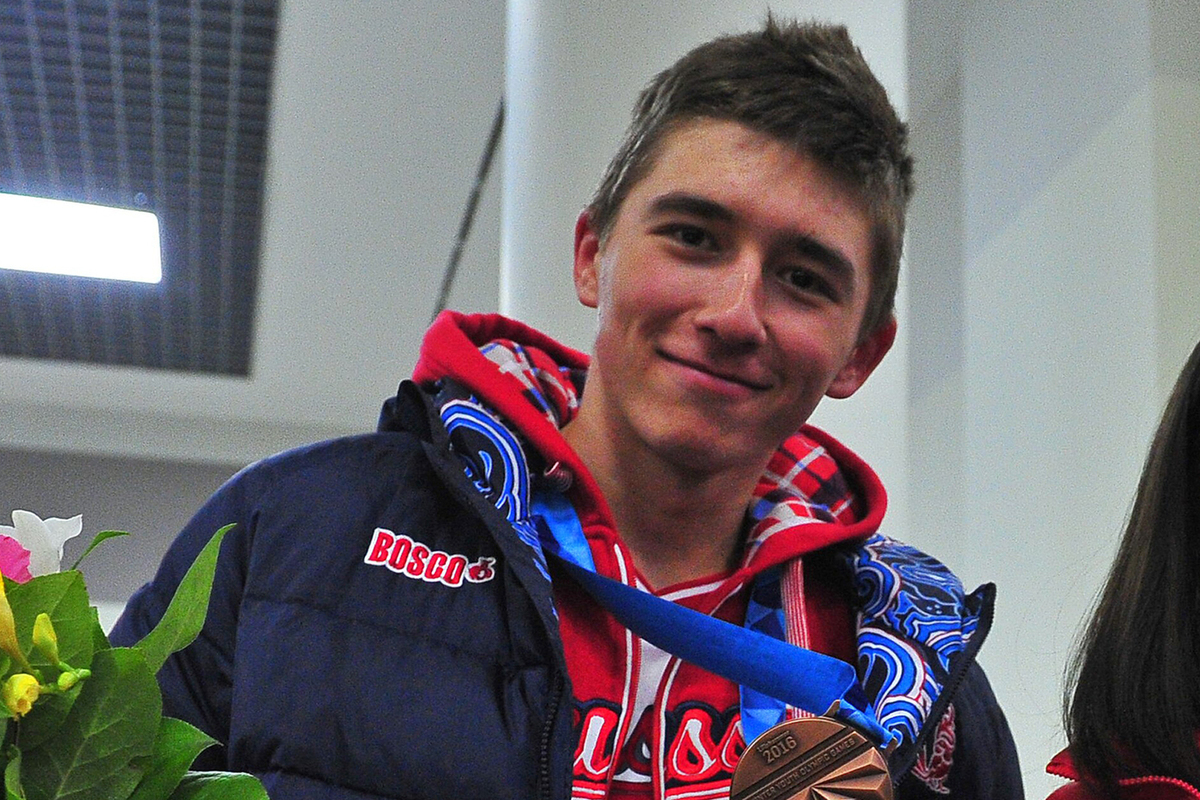Karim Khalili will not return to Kaminsky’s group: “a headache with desires”
[ad_1]

Russian biathlon changes the rules again – the base, the reserve and those who are on their own
At the end of the season, the coaching council of the Russian Biathlon Union assessed the work of the coaching staffs of Russian teams in the 2023/2024 season. The Council studied the reporting reports and gave a “satisfactory” rating to the adult groups of Yuri Kaminsky, Mikhail Shashilov, Artem Istomin and the junior team led by Vladimir Bragin. What awaits Russian biathlon?
The RBU also presented the structure of the Russian national team for the 2024/2025 season. The council meeting voted to return to the format of the main and reserve national teams. There will be no equivalent named groups of coaches in the new season. At the same time, independent training of individual athletes at the expense of the regions is allowed.
And the actual criteria for forming national teams to participate in international competitions next season will be presented only in September 2024.
The head of the coaching council of the Russian Biathlon Union, Vladimir Bragin, explained why the RBU decided to return to the “Soviet” principle of training. It is not yet clear when international competitions will take place, but there is a focus on the Olympic Games 2026, preparations for them must continue. In this regard, it was decided to include older athletes in the main group. And the reserve one will be aimed at 2030.
How does the coaching council represent this in practice? If Mikhail Shashilov is the main one in the main women’s team, Bragin explains, then all the strongest from Artem Istomin’s group should come to him. And if someone doesn’t want to, then at the council it was announced that self-training is not prohibited, athletes can easily prepare in the region. “All the strongest will be invited to the main team.”
Yuri Kaminsky explained the return to the main team under a single command instead of different coaching groups as follows: the specialists encountered a problem that affected the result. “If athletes have different levels, they have to solve different problems. Coaches have to keep a lot of details in their focus that are difficult to keep, and that’s where the shortcomings come from.”
The first responses from athletes to the abolition of “nominal” groups and the return of all the strongest under the leadership of Yuri Kaminsky have already followed. Karim Khalili, having won the mass start at the Russian Championship in Tyumen, said on Match TV that he would not return to Kaminsky’s group, from which he left to join Artem Istomin. “For Yuri Mikhailovich, I am a huge headache with a lot of wants, as he said. Therefore, I will not create unnecessary problems for him. If management decides to unite everyone in one group, it does not mean that everyone will be better off. This is their decision, I will wait for support from the region.”
The Russian Biathlon Championship is almost over. In a few days (April 4 and 5), another 40 km race for men and 30 km for women will be held in Uvat, where athletes will also compete for the title of Russian champions. And from April 10 to 15, the Commonwealth Cup stage will be held in Murmansk.
[ad_2]
Source link









